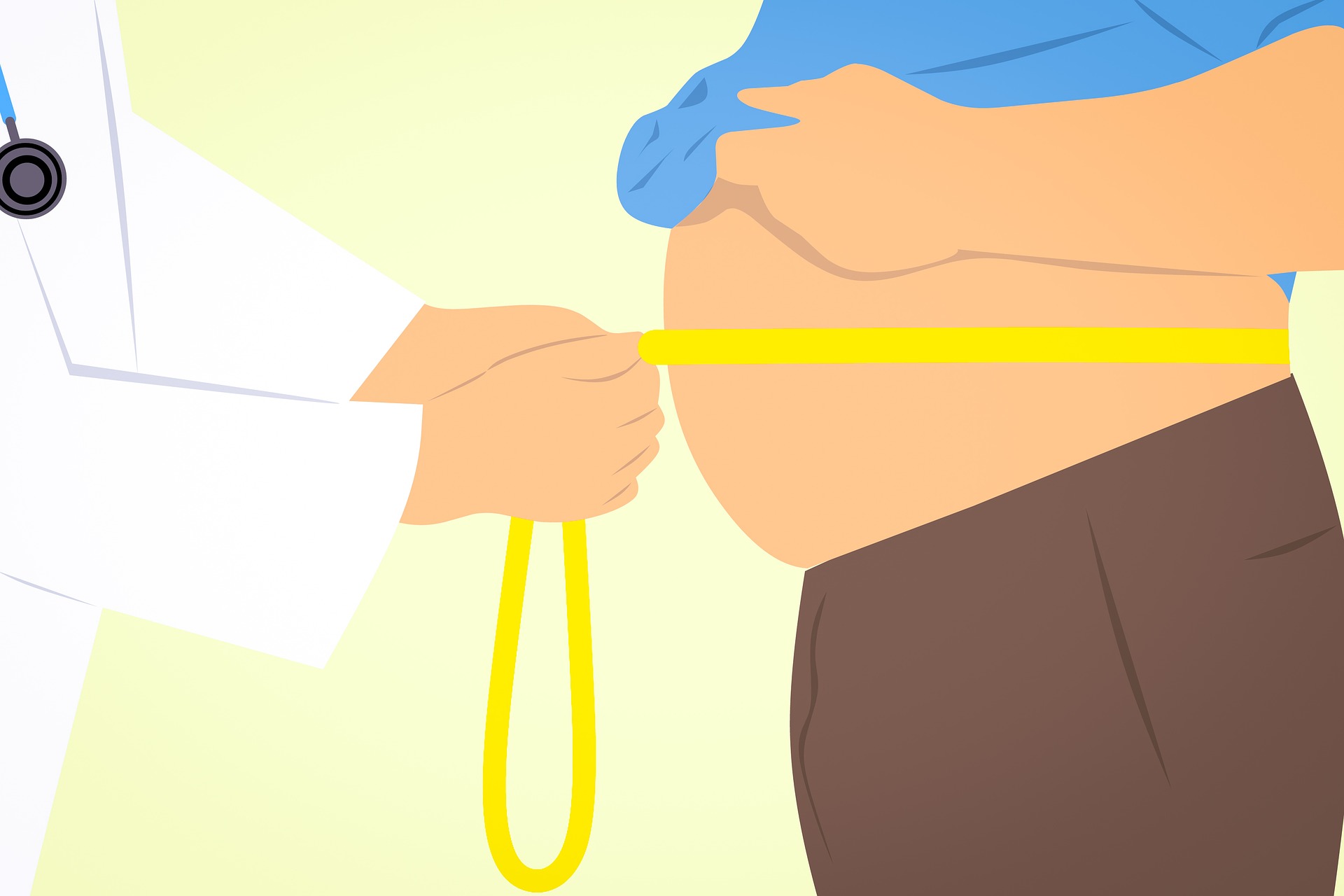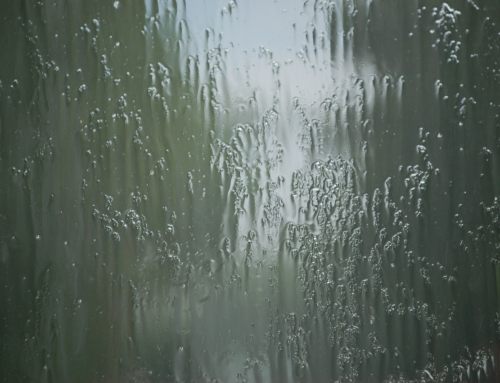Is your gut bacteria making you fat?
When fecal transplants first found favor for treating the severe infection clostridia difficile an interesting thing happened. When they took the feces from an obese individual and gave it to a skinny individual, the skinny individual then became obese. Hmmm…. Cue in the gut microbiome which literally means all the good and bad bacteria that are in the gut. Research has been looking at this area ever since to understand this even more.
Studies on humans looking at the types of bacteria in obese vs lean individuals found that Firmicutes was higher and bacteroides was 90% lower in obese people. Even when obese people changed their diet and lost 25% of their body weight, the colonization of the Firmicutes declined and the bacteroides rose but never reached the levels of lean people. A study showed a higher caloric intake was associated with a 20% rise in Firmicutes and a 20% reduction in Bacteroides. Obese children showed alterations in their gut biome only with different bugs being out of balance.
Studies have showed that even one day of starting a high fat/low fiber or vice versa will change the gut microbiome.
Are these changes only related to diet? No, there are some genetic predispositions to gut microbiome, too. And, what about the effect of antibiotics on altering the microbiome? Perhaps we are self-creating some of the obesity today with the wide-spread use of antibiotics?
So, if we suspect the microbiome as the cause of obesity why don’t we just fix the gut? Studies are looking at doing just that. Here is what they have discovered so far.
- Prebiotics may make a difference. Prebiotics are food ingredients that cannot be digested by our bodies therefore allowing the bacteria in our gut to utilize it. Ideally you are trying to promote lactobacilli and bifidobacter which are two of the important gate keepers in the gut. Common prebiotics include Inulin, lactulose and resistant starches. In addition, fermented foods are assumed to have prebiotic properties. Inulin is naturally occurring in several foods including leeks, asparagus, garlic, artichokes, onion, bananas, and oats to name a few. Unfortunately, to alter the gut flora we would need to consume a whopping 4-8 grams per day of these foods a day. This is why some inulin-like prebiotic fiber has been introduced which may help decrease hunger and have greater satiation after a meal.
- Probiotics are bacteria that helps support the gut. The primary strains in probiotics are typically lactobacillus and bifidobacter. There are foods that help boost the gut microbiome and include yogurt (the non-sugary kinds please), cheese, and fermented foods. Multi-strain probiotics are more beneficial than single strains. Here are a few studies that demonstrated the benefit. Lactobacillus rhamnosus resulted in a significant decrease in body weight in mice. VSL#3 is a multistrain probiotic that demonstrated it was protective in body mass gain and fat accumulation in healthy men consuming a high fat , high calorie diet for four weeks. Another strain Lactobacillus gasseri lead to a significant reduction in abdominal visceral fat.
- Synbiotics: this is a combination of a probiotic with a prebiotic and in theory may produce more of a benefit on the gut microbiome than the isolated intake of pre- or probiotics. A study that looked at pairing inulin and lactobacillus rhamnosus and bifidobacetrium lactis for 12 weeks did alter the but microbiome but weight loss was not studied.
I have seen several probiotics/prebiotics come across my path that are touting help for maintaining weight once you are at an optimal weight. But, unfortunately, I have yet to see one that worked on weight loss itself. That being said, I have seen a few unexpected results with using some of my gut healing protocols that results in what I would term unexpected weight loss. I haven’t had enough people using this particular product to say if this was a few isolated incidences yet so will keep you posted.
So what do we do in the meantime?
- Take a probiotic while on antibiotics – preferably one with saccharomyces boulardi
- Avoid plastics and Splenda which we know alters the microbiome
- Lower your fat and carb intake for a better microbiome balance
- Consider gut healing protocols that include colostrum or immunoglobulins (we use Tegricel by Designs for Health, Ig 26 & IgG2000 by Xymogen)
- Consider detoxing the gut (my go to is GI detox by Bio Botanical which has several ingredients designed just for this purpose)
- If you have IBS or other gut related diseases figure out the cause and address it! Check for food sensitivities, look at the gut microbiome (you can test this with a stool analysis), look for parasites…don’t just live with it!!
To your gut health!
Laura









